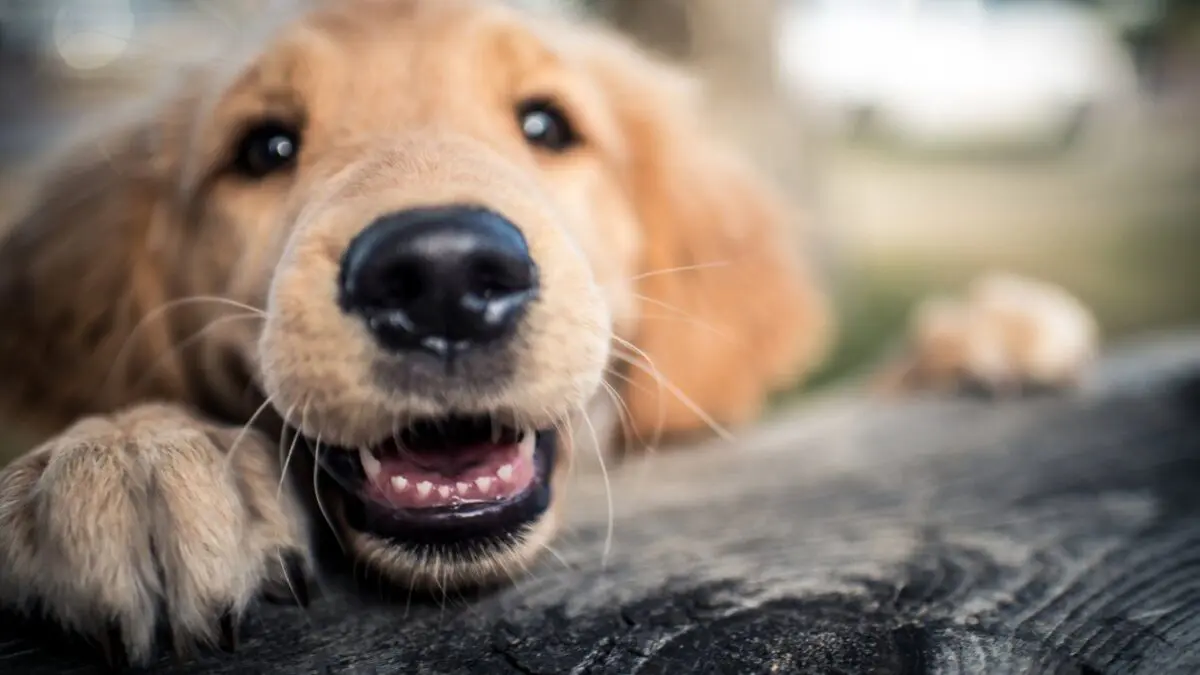Molecular biologists from Japan have found that dogs have become “man’s best friend” thanks to a gene that reduces stress, writes “Scientific Reports”.
According to the authors of the study from Azabu University, the gene in question has made ancient dogs calmer in the human environment. This, in turn, has allowed the special relationship between them to develop over time.
One of the most beloved pets in the world comes from wolves. However, domestication of the dog has puzzled evolutionary experts for decades.
Japanese scientists believe they have solved the mystery. Dogs appear to carry two mutations in a gene known as MC2R (melanocortin 2 receptor). It produces the hormone cortisol – a natural built-in alarm system that is released when someone experiences fear or anxiety.
“These findings suggest that the MC2R gene played a role in domesticating dogs, possibly by promoting lower levels of stress around humans,” said Dr. Miho Nagasawa of the research team.
The proverbial first human best friend was a gray wolf that came into contact with its first human companions about 33,000 years ago, somewhere in Southeast Asia. About 15,000 years ago, a small pack of domesticated dogs began moving to the Middle East and Africa.
The species, known as Canis lupus familiaris, reached Europe about 10,000 years ago. People began to build farms and settlements with defensive walls, which marks the dawn of modern civilization. The dogs are already there to help guard, graze the first herds and demand walks. According to the study, the outlines of this great adventure are written in their DNA.







